Oxidative stress
Recent articles
Neurons tune electron transport chain to survive onslaught of noxious stimuli
Nociceptors tamp down the production of reactive oxygen species in response to heat, chemical irritants or toxins.
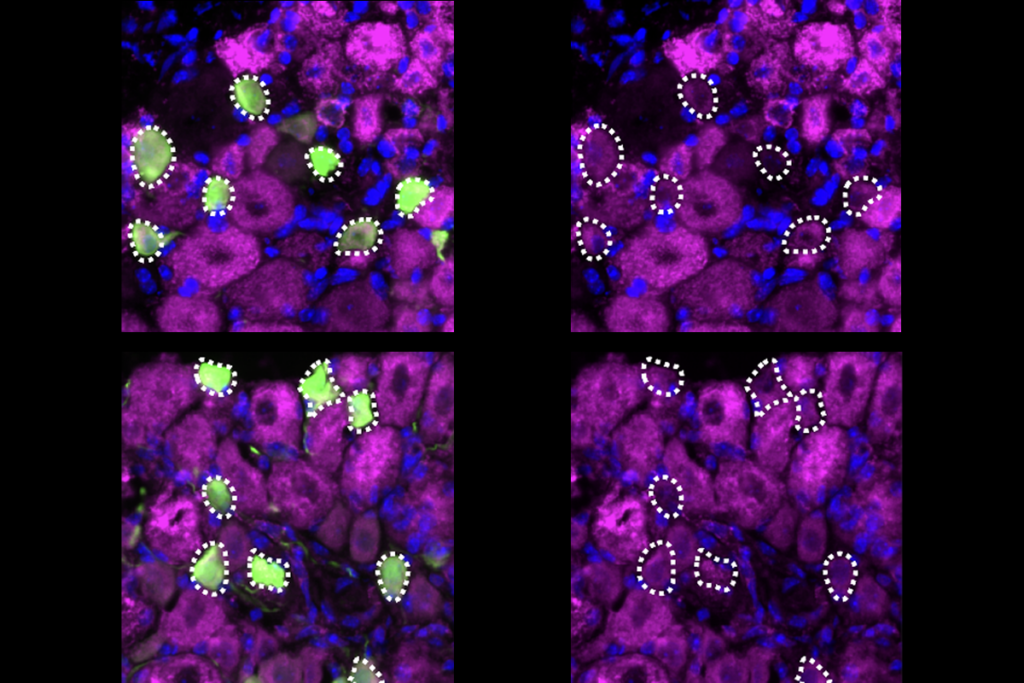
Neurons tune electron transport chain to survive onslaught of noxious stimuli
Nociceptors tamp down the production of reactive oxygen species in response to heat, chemical irritants or toxins.
Null and Noteworthy: Metacognition, balovaptan bust, pattern recognition
This month, we pore over null results from a study of the accuracy of emotion recognition skills in autistic people, clinical trials of a vasopressin drug called balovaptan, and an analysis of ‘systemizing’ abilities in autistic children.
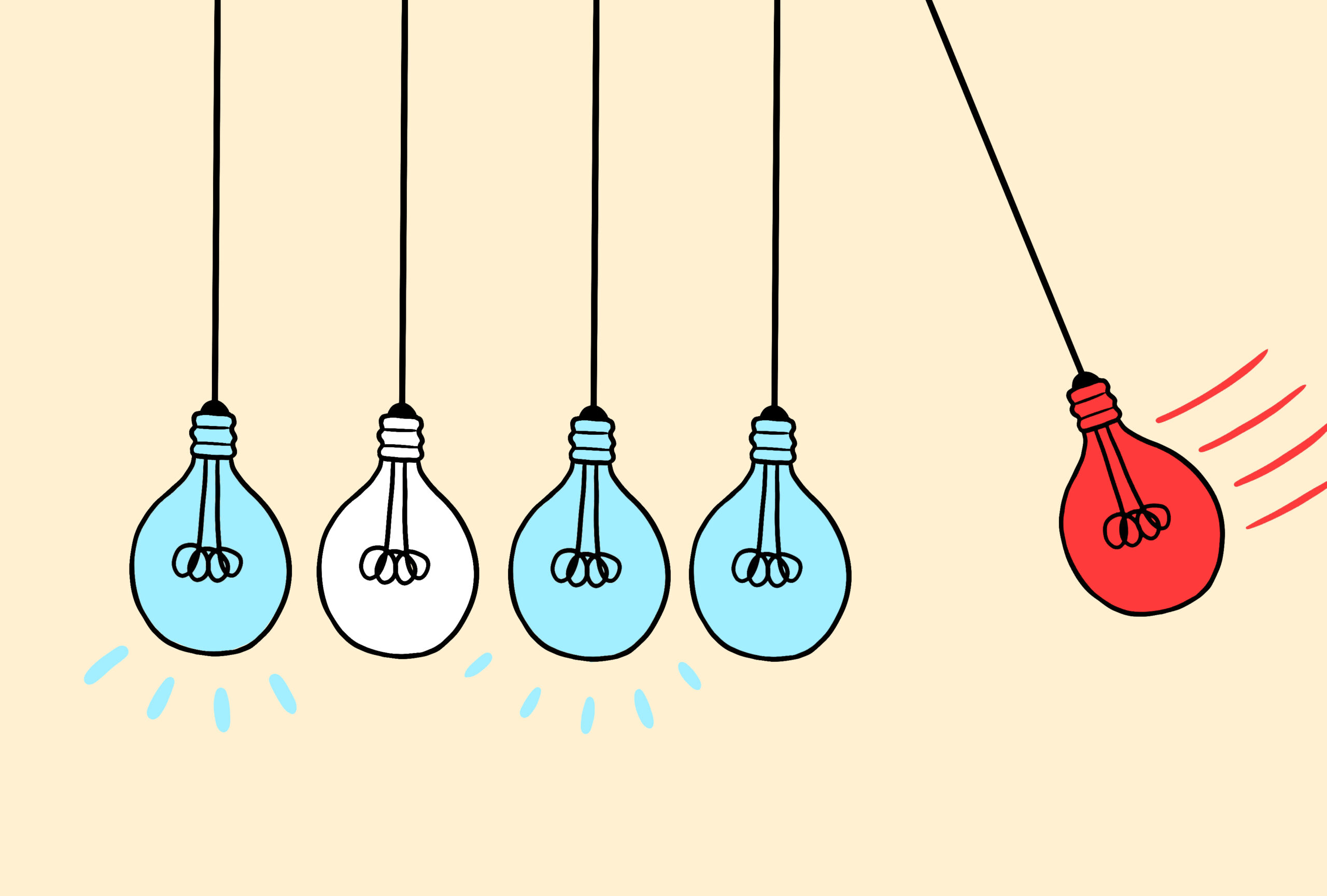
Null and Noteworthy: Metacognition, balovaptan bust, pattern recognition
This month, we pore over null results from a study of the accuracy of emotion recognition skills in autistic people, clinical trials of a vasopressin drug called balovaptan, and an analysis of ‘systemizing’ abilities in autistic children.
Mitochondria: An energy explanation for autism
People with autism have more mutations than others do in both mitochondrial DNA and nuclear DNA that affects mitochondrial function.
Mitochondria: An energy explanation for autism
People with autism have more mutations than others do in both mitochondrial DNA and nuclear DNA that affects mitochondrial function.
Meet the ‘mitomaniacs’ who say mitochondria matter in autism
Clues that problems with mitochondria contribute to autism have been accumulating for decades. In the past five years, a mutant mouse and a flurry of findings have energized the field.
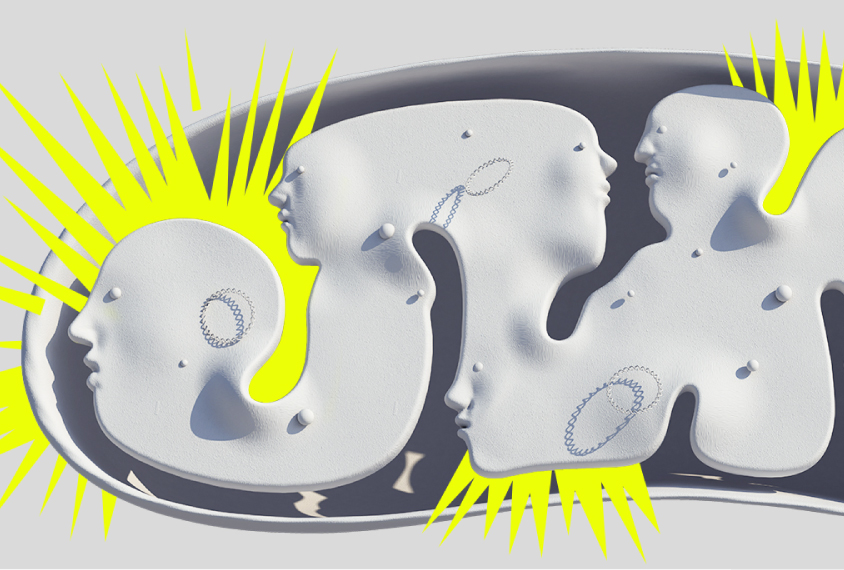
Meet the ‘mitomaniacs’ who say mitochondria matter in autism
Clues that problems with mitochondria contribute to autism have been accumulating for decades. In the past five years, a mutant mouse and a flurry of findings have energized the field.
Autism mutation may disrupt brain structure by disabling mitochondria
Mice that lack a segment of chromosome 22 — a mutation associated with autism — have unusually sparse connections between brain regions.
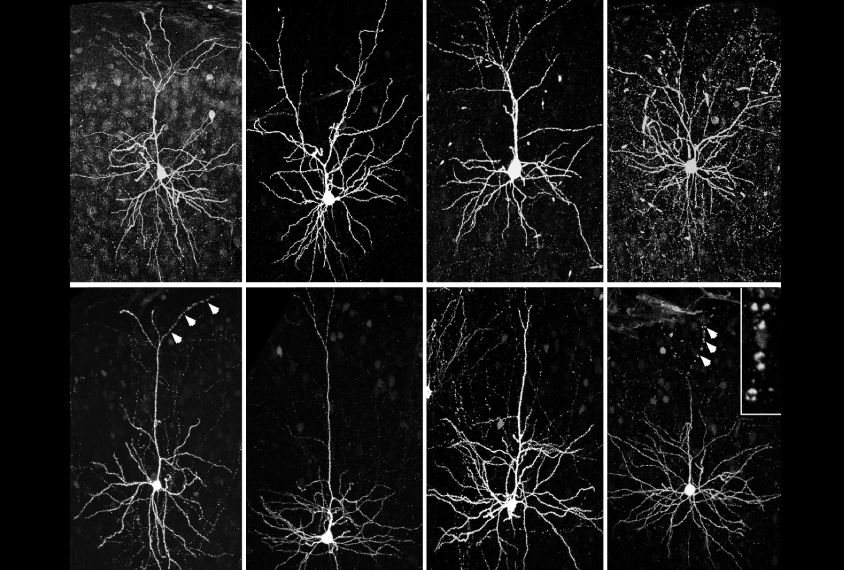
Autism mutation may disrupt brain structure by disabling mitochondria
Mice that lack a segment of chromosome 22 — a mutation associated with autism — have unusually sparse connections between brain regions.
New tools strengthen old link between autism, mitochondria
Variants of some mitochondrial genes may contribute to autism — in some cases, by teaming up with genes in the nucleus.
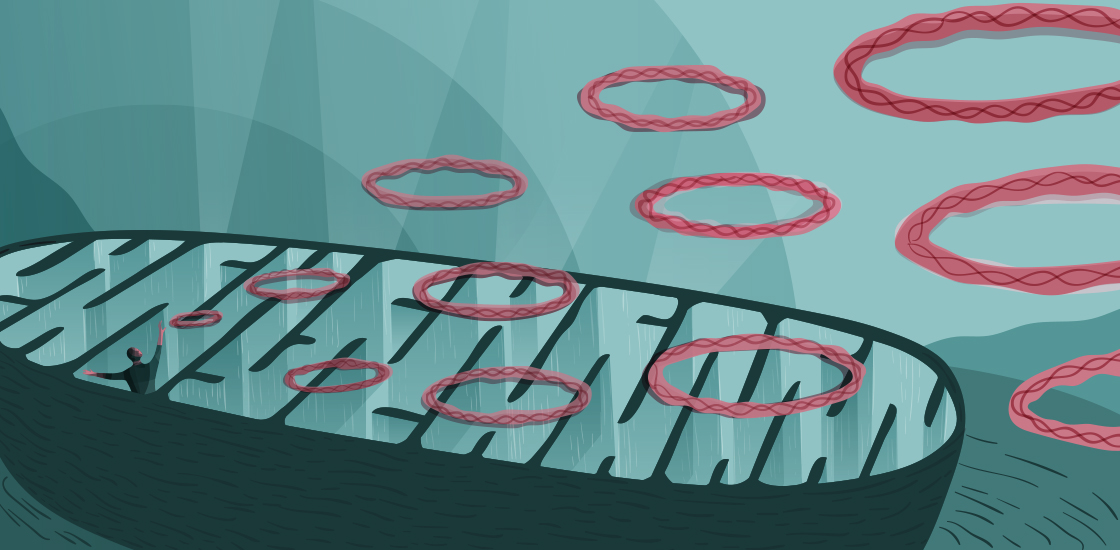
New tools strengthen old link between autism, mitochondria
Variants of some mitochondrial genes may contribute to autism — in some cases, by teaming up with genes in the nucleus.
Obesity, diabetes in mother up autism risk for child
The combination of obesity and diabetes in a pregnant woman substantially increases the likelihood that her child will have autism.

Obesity, diabetes in mother up autism risk for child
The combination of obesity and diabetes in a pregnant woman substantially increases the likelihood that her child will have autism.
Short chromosome caps may up autism risk in families
Telomeres, the structures at the tips of chromosomes, tend to be unusually short in people with autism and their immediate family members.

Short chromosome caps may up autism risk in families
Telomeres, the structures at the tips of chromosomes, tend to be unusually short in people with autism and their immediate family members.
Diabetes during pregnancy ups child’s autism risk
Children born to women who develop diabetes during the first or second trimester of pregnancy increase their risk of autism by 42 percent.

Diabetes during pregnancy ups child’s autism risk
Children born to women who develop diabetes during the first or second trimester of pregnancy increase their risk of autism by 42 percent.
Genetics: Gene variants modulate Rett symptoms
A single gene mutation leads to Rett syndrome, but other variants may modify the severity of an individual's symptoms, according to a study published 28 February in PLoS One.

Genetics: Gene variants modulate Rett symptoms
A single gene mutation leads to Rett syndrome, but other variants may modify the severity of an individual's symptoms, according to a study published 28 February in PLoS One.
Explore more from The Transmitter
Lack of reviewers threatens robustness of neuroscience literature
Simple math suggests that small groups of scientists can significantly bias peer review.

Lack of reviewers threatens robustness of neuroscience literature
Simple math suggests that small groups of scientists can significantly bias peer review.
Dendrites help neuroscientists see the forest for the trees
Dendritic arbors provide just the right scale to study how individual neurons reciprocally interact with their broader circuitry—and are our best bet to bridge cellular and systems neuroscience.

Dendrites help neuroscientists see the forest for the trees
Dendritic arbors provide just the right scale to study how individual neurons reciprocally interact with their broader circuitry—and are our best bet to bridge cellular and systems neuroscience.
Two primate centers drop ‘primate’ from their name
The Washington and Tulane National Biomedical Research Centers—formerly called National Primate Research Centers—say they made the change to better reflect the breadth of research performed at the centers.

Two primate centers drop ‘primate’ from their name
The Washington and Tulane National Biomedical Research Centers—formerly called National Primate Research Centers—say they made the change to better reflect the breadth of research performed at the centers.